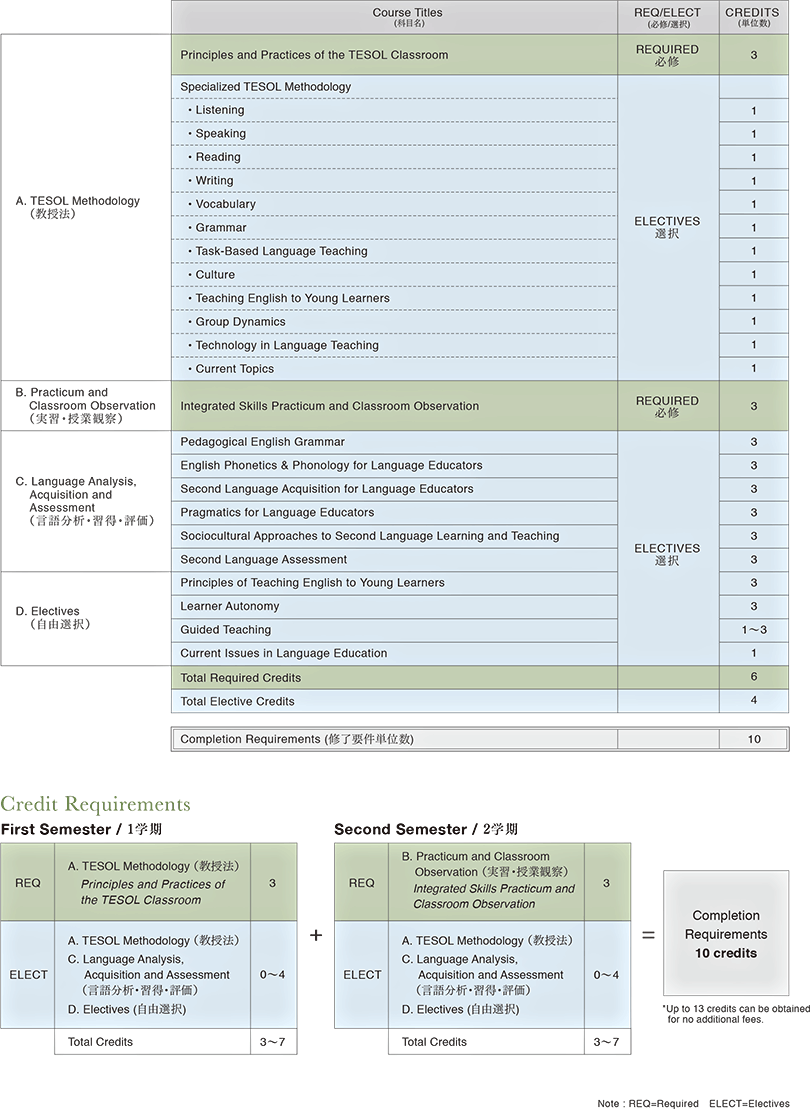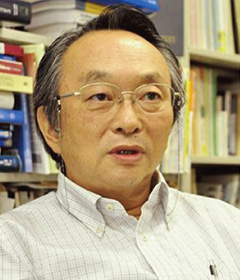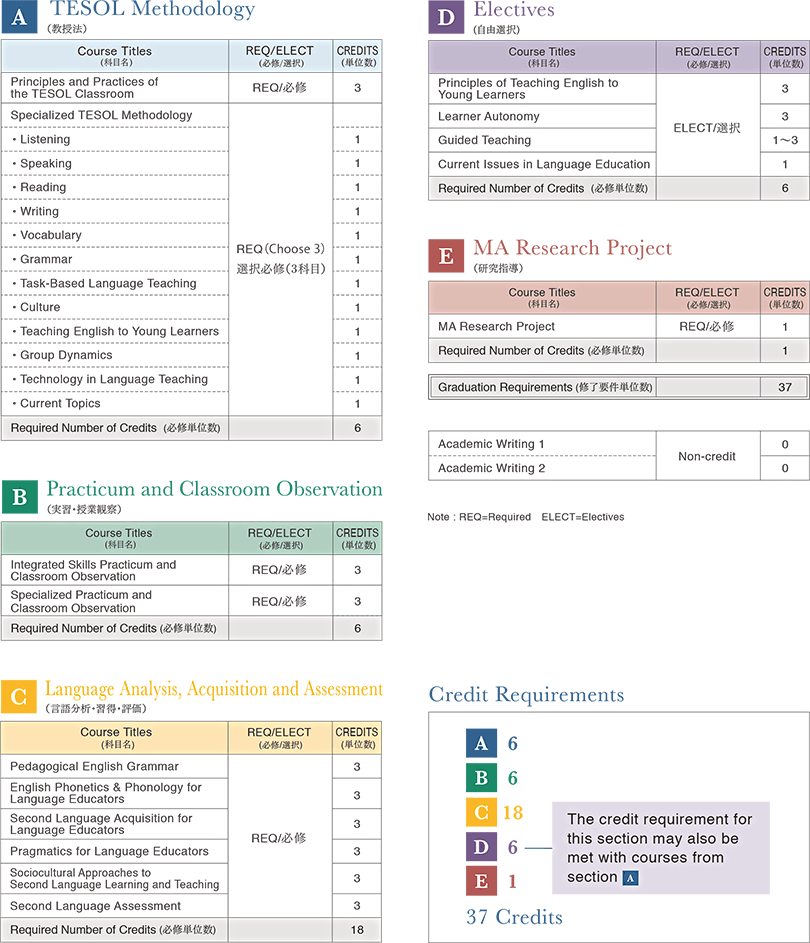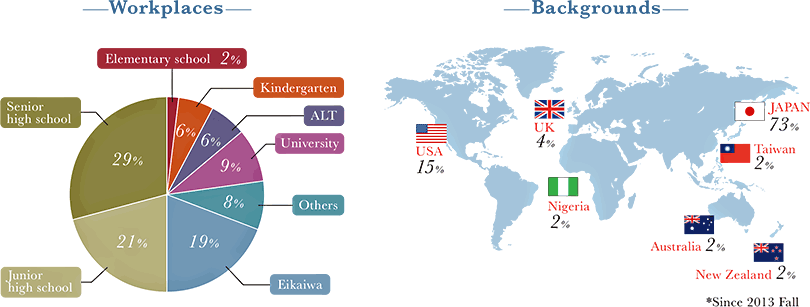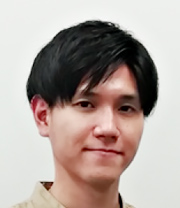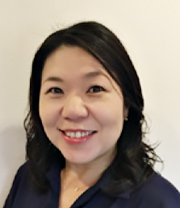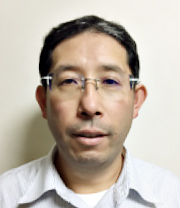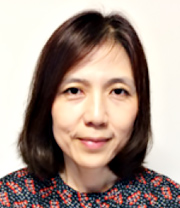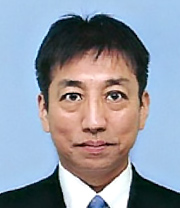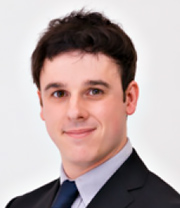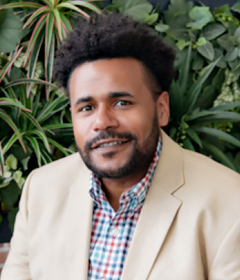Certificate Program in TESOL / TESOL 履修証明プログラムThe new Certificate Program in TESOL (for In-Service Teachers and anyone aiming to become an English Teacher) will start from April, 2020. TESOL履修証明プログラム(現職教員や英語教員を目指す方を対象)が2020年4月から新規にスタートします。 |
Cultivating professionals in English education
TESOL MOVIE
-
神田外語大学 大学院「TESOL MA Program」
MA TESOL Program
Mission
The Master’s Program in Teaching English to Speakers of Other Languages(TESOL)has as its mission helping teachers, both in-service and pre-service, to become reflective practitioners who can make pedagogically sound decisions about their classroom practices based on a well-articulated understanding of current theories of language and second language learning and teaching. Recognizing the diversity and complexity of today's classrooms, this degree program aims to help teachers develop an extensive repertoire of instructional methods and strategies as well as the professional knowledge and skills to enable them to take appropriate action to address the learning needs of their students. Furthermore, the program aims to provide a solid foundation for long-term teacher development by helping cultivate the habit of self‐observation and self-evaluation. Graduates of this program will be self-directed language professionals well-prepared to take a leadership role in the community of TESOL teachers.
TESOLプログラムの理念
神田外語大学大学院言語科学研究科英語学専攻(修士課程)のTESOLプログラム は、主に現職教員を対象とし、外国語学習・教育の最新理論を明確に理解した上で、自らの教室実践に関して教育学的知見に基づいた意思決定を行うことのできる教育者の育成を目指します。教室現場の多様性と複雑性を認識し、教師が学習者のニーズに適切に対応するために必要な幅広い専門知識・指導法を習得するための支援を行います。さらに、自己観察と自己評価の習慣を育成することで、教師としての長期的な成長のための基盤を提供します。本課程修了者は、英語教育において先導的な役割をはたすことができる英語教育の専門家となることが期待されます。
Information Sessions
Current Events
Features of MA TESOL Program
-
All classes are held at the Tokyo Campus in Kanda.
授業は通学に便利な神田にある東京キャンパスで行います。
-
The program is designed mainly for in-service teachers of English.
現職教員の方や英語教員を目指す方のためにデザインされたプログラムです。
-
All classes are conducted in English.
授業はすべて英語で行われます。
-
The program is designed for both native and non-native speakers of English.
日本で英語教育に携わっている英語母語話者と非母語話者を対象とします。
-
Classes are held on weekends. (Required courses are scheduled only on Sundays.)
在職のまま通学ができるように、週末に授業を行います。(必修科目は日曜日のみ)
-
Students are accepted twice a year (September & April).
募集は年2回です。(9月入学、4月入学)
-
The program can be completed in a minimum of two years or a maximum of six years.
(Students typically take two and a half to three years to complete it.)*最短2年で修士号を取得可能です。 また、修業年数は6年を最長とします。
(平均2年半から3年で修了しています。) -
A credit-based tuition system is used.
授業料は履修単位数に応じて決まります。
-
Credit exemption based on teaching experience is offered (1~3 credits).
英語教育経験年数に応じた単位免除制度があります。
Policy on Credit Transfer & Exemption-revised 2019[410KB]
-
Eligibility for specialized teaching license in English (senshu-menkyo : English).
教諭一種免許状(英語)保有者は、本修士課程修了時に専修免許状の申請が可能です。
* A maximum six years enrollment in the MA TESOL Program is applied to those who enrolled in the program since April 2020.
TESOL Program Objectives
By completing the program, students will be able to:
-
Gain a comprehensive understanding of the nature of the English language system (phonology, morphology, syntax, discourse, and pragmatics).
-
Reflect on their teaching-learning situations so as to not only articulate how theories can inform and guide their practice, but also to evaluate the relevance of theories to their practice.
-
Critically analyze and evaluate a broad range of language teaching methodologies, approaches, and techniques and how they can be implemented and adapted according to instructional needs.
-
Understand the complex social, cognitive, and affective variables which influence students’ learning.
-
Understand the intersection between culture, communication, and language use with reference to language teaching and learning.
-
Demonstrate effective teaching skills in their own classroom settings.
-
Develop an awareness of the complexity of classroom dynamics.
-
Identify the qualities and strategies of effective language learners and apply different ways to foster learner autonomy.
-
Identify different ways to devise and implement appropriate techniques to assess students’ language proficiency for placement, evaluation, and instruction.
-
Continue to learn as language professionals and assist other teachers in furthering their professional development.
-
For Japanese teachers Acquire a high level of English proficiency in all four skills necessary for their English-teaching profession and also learn ways to continue to develop their proficiency.
-
For Japanese teachers Demonstrate the ability to conduct English classes through the medium of English.
Teaching Staff
Program Directors
-
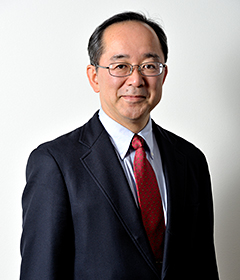
Yasushi Sekiya
Director
Professor, Kanda University of International Studies -
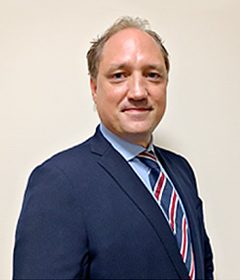
Gordon Myskow
Assistant Director
Associate Professor, Kanda University of International Studies
Greetings from the MA TESOL Program of Kanda University of International Studies! Our program focuses on developing English language teachers as up-to-date, active professionals who are able to make decisions about teaching that help their students become successful users of English. We emphasize the practice of classroom teaching across the curriculum of the program. We believe that reflective teaching practices are the foundation of professional expertise. Our program also stresses interaction and collaboration, with teachers working together on assignments and projects as part of their professional development. We strive for the KUIS MA TESOL Program to be the shared home of a supportive community of teachers who help each other improve English language education in Japan. In no other program will teachers receive the same level of input about teaching, opportunities to practice (and explore in their practice), and helpful feedback from a supportive community of fellow teachers.
External Consultants
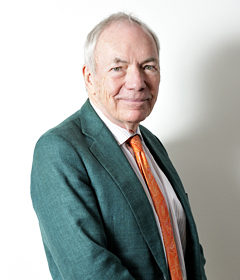
John F. Fanselow
Professor Emeritus, Columbia University Teachers College
Making small changes to develop self-reliance in language learning and teaching
“When can we say we are freeing our students and ourselves” This question, asked over and over by Caleb Gattegno, the originator of a teaching method in which the teacher never speaks, is one I use to create and evaluate activities. Gattegno, like Plato, demonstrated how teaching is reminding people of what they already know.
Tapping everyone’s natural curiosity and seeing learning as problem solving and the reduction of ambiguity are tenets that grow out of this definition of learning.
The activities I and others introduce are in some cases based on these tenets as well as on the idea that making small changes in the ways we teach can have surprising and powerful results and will help develop self-reliance in teachers and students.
English education in Japan is presently facing major challenges, such as the lowering of the age at which English is taught in elementary school, overhaul of university entrance exams, pros and cons of teaching English through English, the setting of educational objectives in the form of CAN-DO statements, etc. Despite the significance and amount of issues lying before us, there are still very few Japanese teachers of English who are capable of coping with them. Being conducted in English, the TESOL program of Kanda University of International Studies offers the opportunity to not only Japanese teachers of English but also foreign teachers teaching in Japan to acquire the professional knowledge necessary to contribute to the solving of these issues.
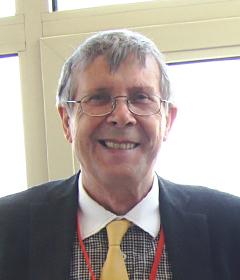
Rod Ellis
Professor, University of Auckland
Good TESOL programs reflect the interface between theory and practice in their curriculum. Such an interface is essential for developing expertise in teaching English as a second/ foreign language. In this respect the Kanda University of International Studies’ TESOL program is exemplary. It provides a wide-ranging set of required and elective courses that address all the major areas of TESOL and does so by demonstrating the theoretical underpinnings of good practice while also providing opportunities for students to draw on their own experience of teaching or learning English and to develop their teaching skills.
My own contribution to the program reflects this theory-practice interface. I teach an elective course on task-based language teaching (TBLT). My interest in TBLT derives from my conviction that how we teach English a second/foreign language has to accord with how learners learn it. TBLT reflects this by emphasizing meaning-making in conjunction with a focus on linguistic form. It aims to develop the interactional and linguistic competence that all learners need to become effective communicators in English as a second language. Such an approach is especially important in the Japanese context where there are few opportunities to use English communicatively outside of the classroom.
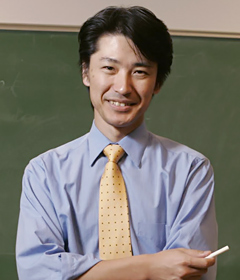
Paul Kei Matsuda
Professor, Arizona State University
Teaching is a challenging profession because there often is no right answer it involves a series of decisions small and large in response to a wide variety of situations. Good teaching does not come from following teaching methods or materials blindly. Instead, good teaching happens as a result of teachers making various decisions by drawing on extensive knowledge and critical thinking skills to devise solutions that are most appropriate for the particular situation. KUIS MA TESOL program provides an excellent opportunity not only to acquire new ideas but also to critically examine them in the context of a specific teaching context.
Curriculum
Course Descriptions
Syllabus
Course Schedule / Calendar
Scheduling Options for Different Course Types
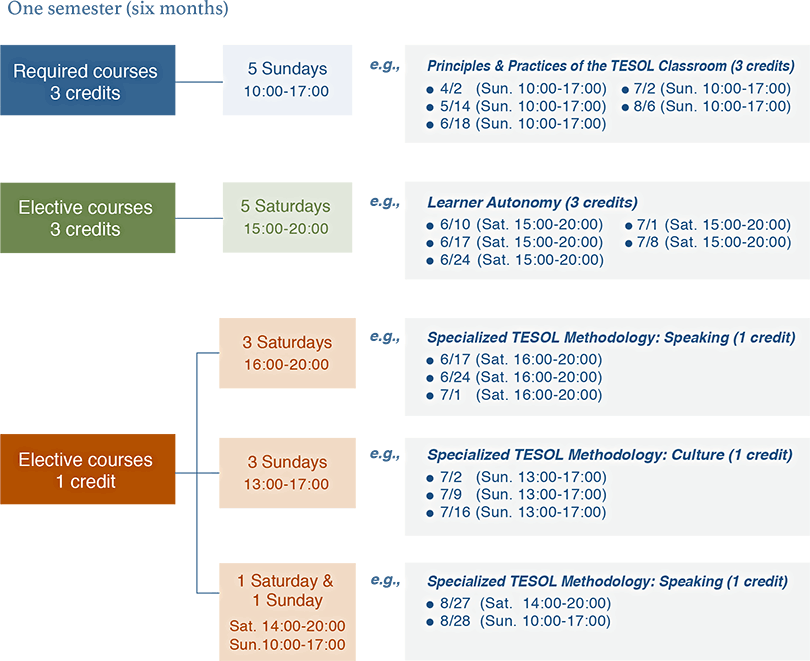
Tuition Fee
Our MA TESOL Program has taken the following measures to alleviate the financial burden for in-service teachers.
-
Credit-based tuition
Students pay the tuition fees according to the number of credits they register for in each semester (65,000 yen per credit). Since tuition fees are paid according to the number of credits registered for in each semester (Spring and Fall), students do not need to pay a large amount of money at once.
Fees
Admission fee
JPY 250,000
Tuition
JPY 65,000 / per credit
Credits required for graduation
37
Total expenses
(65,000 x 37) + 250,000 = JPY 2,655,000
* Program costs may be reduced for those who qualify for credit exemption (see below).
-
Students may be considered for credit exemption of up to a maximum of 10 credits based on the following criteria.
Policy on Credit Transfer & Exemption-revised 2019[410KB]
- Exemption system based on teaching experience
Those who have teaching experience will be considered for course exemption.Years of teaching
experienceCourses to be exempted
Total number of credits
eligible for exemption3 - 5
Guided Teaching (1 credit)
1
6 - 10
Guided Teaching (2 credit)
2
11 or more
Guided Teaching (3 credit)
3
* For further information, contact the TESOL Office.
-
Exemption system based on post-graduate credits from other institutions
Those who have taken coursework in a master’s program in a related field (e.g., TESOL, applied linguistics) or those who have completed a post-graduate level certificate program in TESOL will be considered for credit exemption of up to 10 credits based on coursework completed in the previous program. Please note that the maximum number of 10 credits for exemption includes any credits exempted for teaching experience (see above). Decisions about the particular courses to be exempted from will be made on an individual basis based on transcripts.
- Exemption system based on teaching experience
-
Alumni tuition fees for graduates of Kanda University of International Studies
Graduates of Kanda University of International Studies (both undergraduate and graduate levels) are entitled to alumni tuition fees. For further information, contact the TESOL Office.
(No admission fee (250,000 yen); tuition fees reduced from 65,000 to 45,000 yen/per credit) -
No facility fee required
-
No auditing fee for TESOL students
TESOL students can audit most of the courses for free if space is available.
FAQs / Testimonials
Certificate Program in TESOL / TESOL 履修証明プログラム
1 Year Flat-Rate Tuition System(1年定額制)
Number of Credits [10 Credits Required for Completion]
For the Certificate in TESOL, 10 credits are required. The Certificate Program is completed in one year (two semesters), and is a non-degree program.
TESOL履修証明プログラムの修了要件単位数は10単位です。履修修了年数は1年(2学期)で、非学位プログラムです。
[Program Features]* Those who are unable to complete the Certificate Program in one year may complete the remaining credits after one year for 65,000 yen per credit. |
Fees
Admission fee |
JPY 0 * |
|
Tuition Fees |
First Semester |
JPY 325,000 |
Second Semester |
JPY 325,000 |
|
Total Amount |
JPY 650,000 * |
|
* JPY 250,000 (admission fee) to be paid upon entry to the MA Program.
* Graduates of Kanda University of International Studies (both
undergraduate and graduate levels) are entitled to alumni tuition fees.
(JPY 650,000 → JPY 450,000)
Courses
